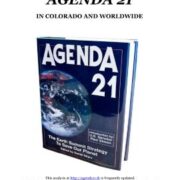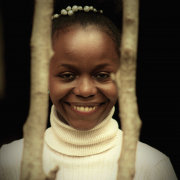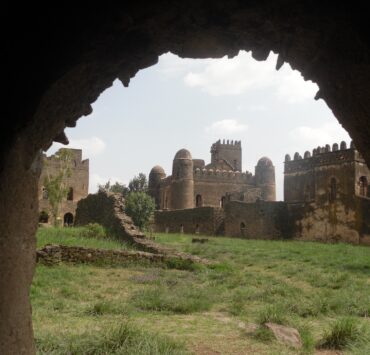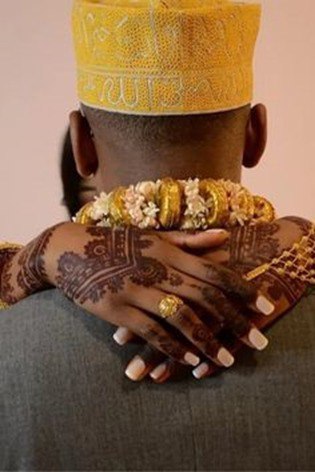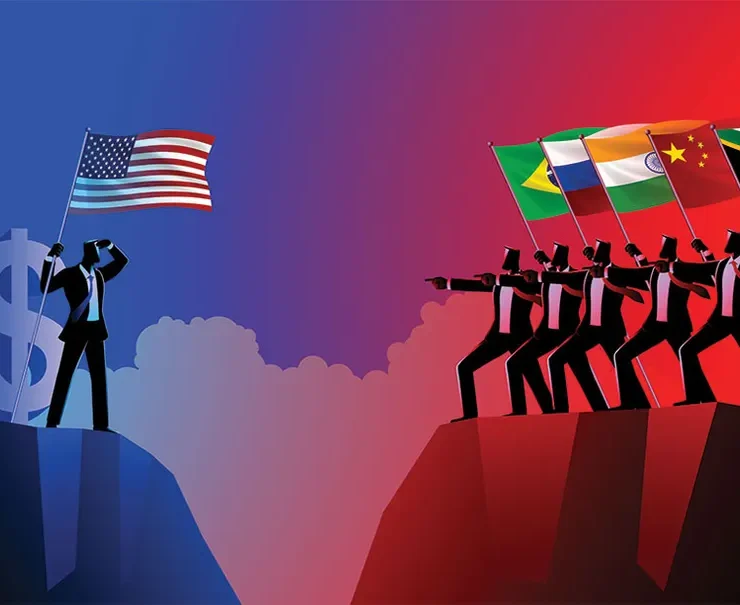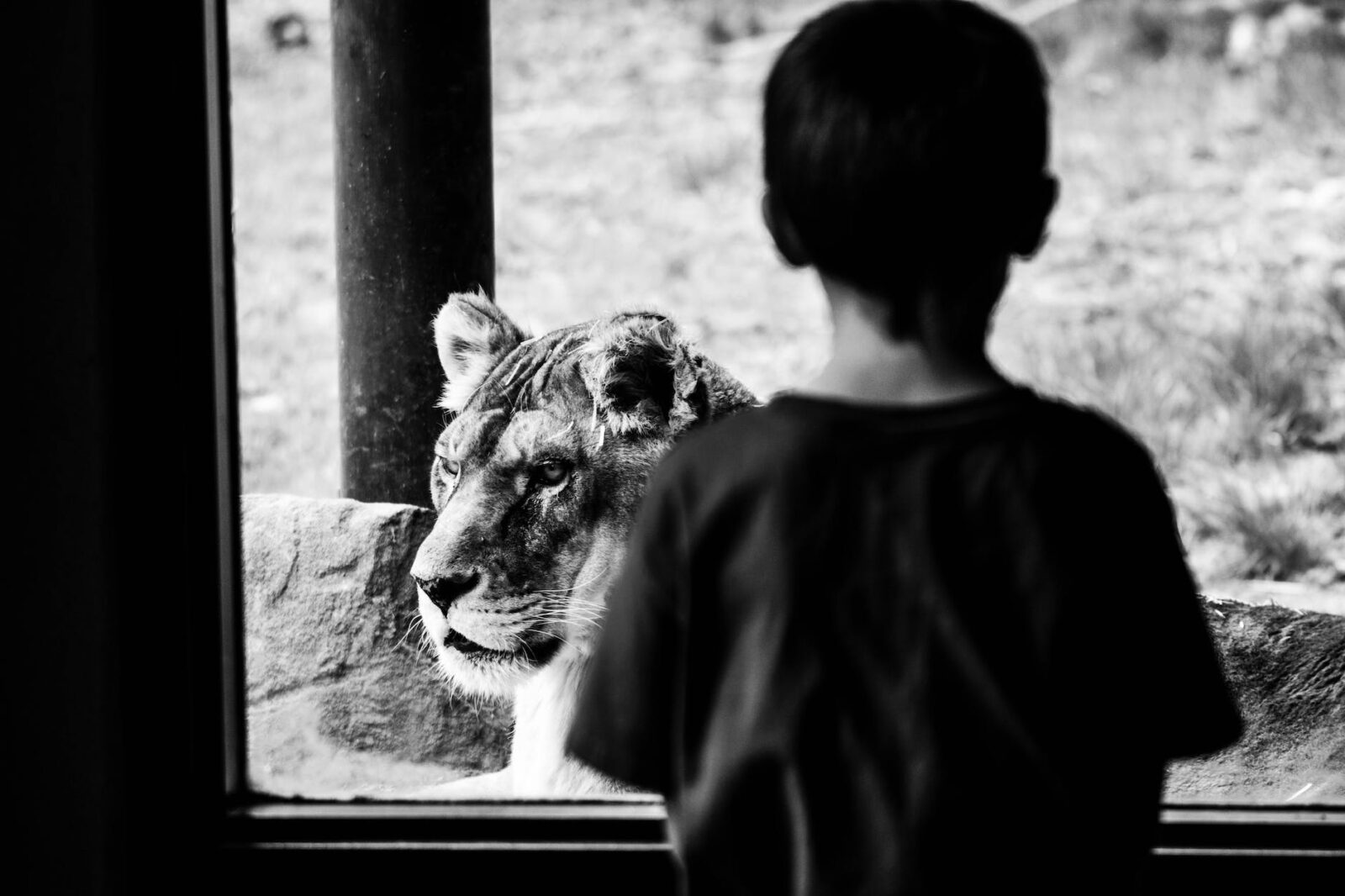
Abel Merawi is from Addis Ababa. He is an English…
Read Next
‘We are civilized and modern. We live in a world of capitalism. We have to establish a liberal democracy.’ We hear these words often since they are the marks of our present world and everyone is expected to strive for its realization. The expectations of modernity place more responsibility on the individual than society and institutions. In a capitalist society, everyone is expected to compete and become the best to deserve the best. In a liberal democracy, people are free to live as they wish and others are expected to respect it. Furthermore, elections are held with the assumption that every individual is mature enough to make decisions. All these things require people who possess the mental capacity to decide autonomously and take responsibility for their actions. Thus, it is vital for each person to reach maturity, which requires personal growth or development. We are going to explore the necessary development expected of people in the modern age.
Maturity can be taken as physical development or it can mean spiritual and mental maturity. I am not going to discuss physical maturity because it has become common to see adults behaving in an immature manner. If a person is chained by numerous mores and systems, which make it impossible to act freely, the person has not reached maturity. If our value systems are a burden rather than expressions of freedom, it is difficult to claim that we are mature. If our political or other decisions are made based on group loyalty rather than logical reasoning, we have not reached the personal growth expected of an adult. True maturity entails reevaluation of values until we reach the level of making informed decisions.
In relation to personal growth, there is a worthy piece in the writing of Friedrich Nietzsche: ‘Thus Spoke Zarathustra.’ He has a section with the title, ‘On the Three Metamorphoses’ in which he shows the three stages of development every individual must go through in order to reach maturity. Our spiritual journey is characterized using a camel, a lion and a child. He states, “There is much that is difficult for the spirit, the strong reverent spirit that would bear much: but the difficult and the most difficult are what its strength demands.” In other words, endurance is not the main question but what it endures and what is demanded to endure it. In each stage the expectations are different, and the expected spirit or mentality of the individual is also different.
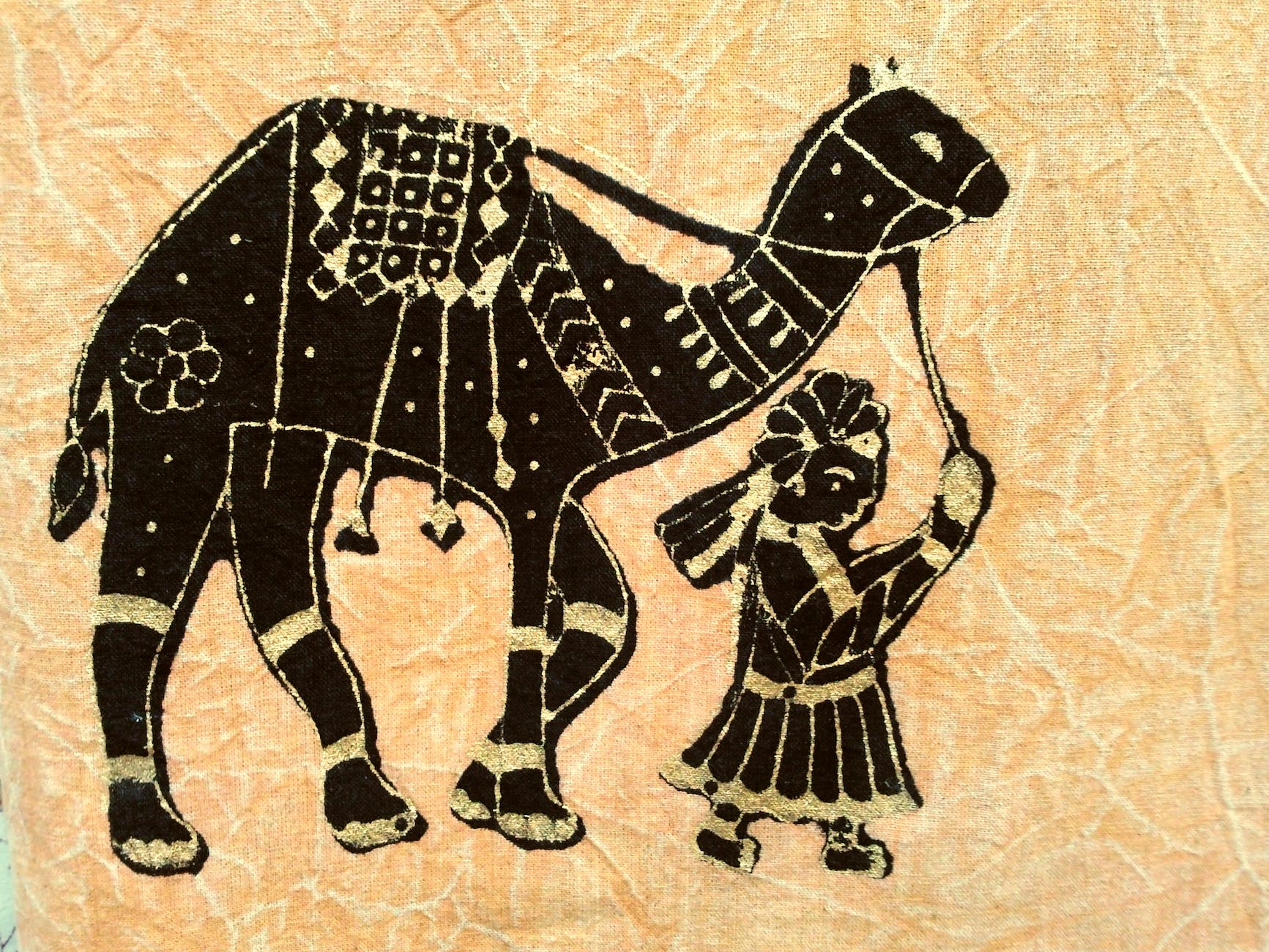
In the spirit of the camel Nietzsche writes, “’What is difficult?’ asks the spirit that would bear much, and kneels down like a camel wanting to be well loaded. What is most difficult, O heroes, asks the spirit that would bear much, that I may take it upon myself and exult in my strength?” The camel is the first stage in our life as we try our best to please everyone around us. As children, we are surrounded with authority figures including our family, our neighbors, our religious leaders and our teachers. At this stage, like the beast of burden, we find happiness in making others happy. We do not question authority, but strive to meet expectations. Being good means following rules while being bad means violating them. We are told to respect and help others and we do it; we act accordingly not because it is the right thing to do but because it is what we are told. We bear and endure much, until we become exhausted of all the rules that limit our freedom. At this point we begin to question our life.
The moment we begin to question authority, is the moment we begin to stand as an individual. Nietzsche describes, “In the loneliest desert, however, the second metamorphosis occurs: here the spirit becomes a lion who would conquer his freedom and be master in his own desert.” We possess the spirit of the lion when we begin to rebel. For some it is when they become a teenager, for others it could be late in life or never. For the obedient individual who fears authority, life could begin and end up as a camel. But for the spiritually strong, the questioning and reevaluation of values is integral. At this stage, we put a stop to ‘You shall’ and claim ‘I will.’ We destroy the irrational and contradictory values we followed hitherto by beginning to rebel. Nietzsche states, “To create new values-that even the lion cannot do; but the creation of freedom for oneself for new creation-that is within the power of the lion.” Accordingly, the destruction of values is not sufficient unless it is replaced by new rational values.
After one removes the shackles and becomes free, the third metamorphosis comes in the spirit of the child. It may be difficult to accept that a child is the final stage even more than a lion. Nietzsche explains, “The child is innocence and forgetting, a new beginning, a game, a self-propelled wheel, a first movement, a sacred “Yes.” For the game of creation, my brothers, a sacred “Yes” is needed: the spirit now wills his own will, and he who had been lost to the world now conquers his own world.” In order to have our own values, we should have innocence and forgetfulness. If we hold grudge against previous authorities, we will be blinded with rage. We should forget and look at the world anew with innocence. If you observe children, they are capable of creating a game even in bad situations. They know how to create values with a ‘Yes’ attitude to life. Thus, we have to create personal values and express our true freedom. The psychologist Erich Fromm and many others state two types of freedom: ‘freedom from’ and ‘freedom to’. When we remove the obstacles from our life, it is ‘freedom from.’ When we live life by accomplishing something we desire, it is ‘freedom to’. As a person in the modern world, we have to have ‘freedom to’ realize our dreams. Coming back to the points we raised at the start of our discussion, liberal democracy and capitalism can exist only when individuals are mature. It is the person who has values that can make a proper decision by weighing the different possibilities. Thus, I urge every individual to follow the example set in Nietzsche’s story, and become a free individual who values life.

Subscribe now for updates from Msingi Afrika Magazine!
Receive notifications about new issues, products and offers.
What's Your Reaction?
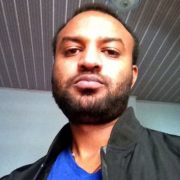 PIN IT
PIN ITAbel Merawi is from Addis Ababa. He is an English literature teacher, freelance writer/reporter for Ezega.com and an Amharic-English translator and editor. He also writes for www.msingiafrikamagazine.com. You can reach him via: abelmerawi4@gmail.com








